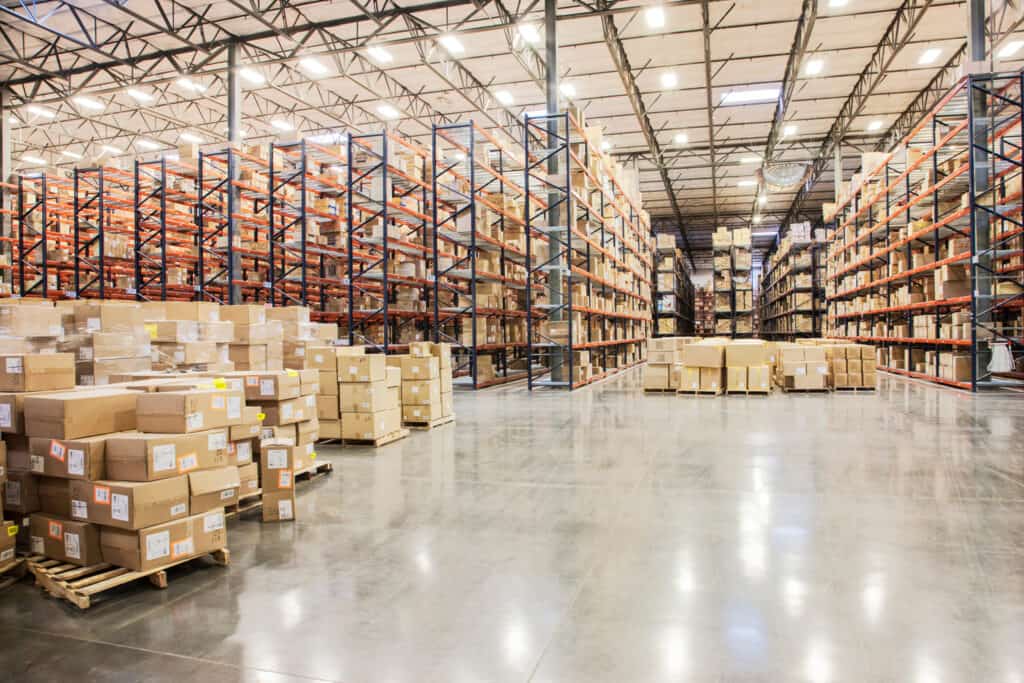GLOSSARY TERM
What is Demand Sensing?

Term: Demand Sensing
Demand sensing is the process of leveraging real-time data through advanced technology, such as artificial intelligence (AI) or machine learning (ML) to predict future customer demand. Demand sensing is designed to help companies be more proactive and responsive to fluctuations in demand and enable them to better serve customer’s needs.
Key benefits of demand sensing
Better customer service
Demand sensing enables companies to quickly respond to changes in customer demand by adjusting production schedules, inventory levels, and distribution plans to ensure items are in stock where and when they are needed.
Lower inventory costs
More accurate and timely forecasts help companies to minimize excess inventory levels, markdowns, reduce stockouts and optimize inventory replenishment to reduce inventory costs.
Improved agility and responsiveness to market fluctuations
Greater visibility into demand variability and market dynamics allows organizations to adapt their supply chain strategies and meet real-time shifts in customer demand.